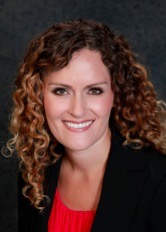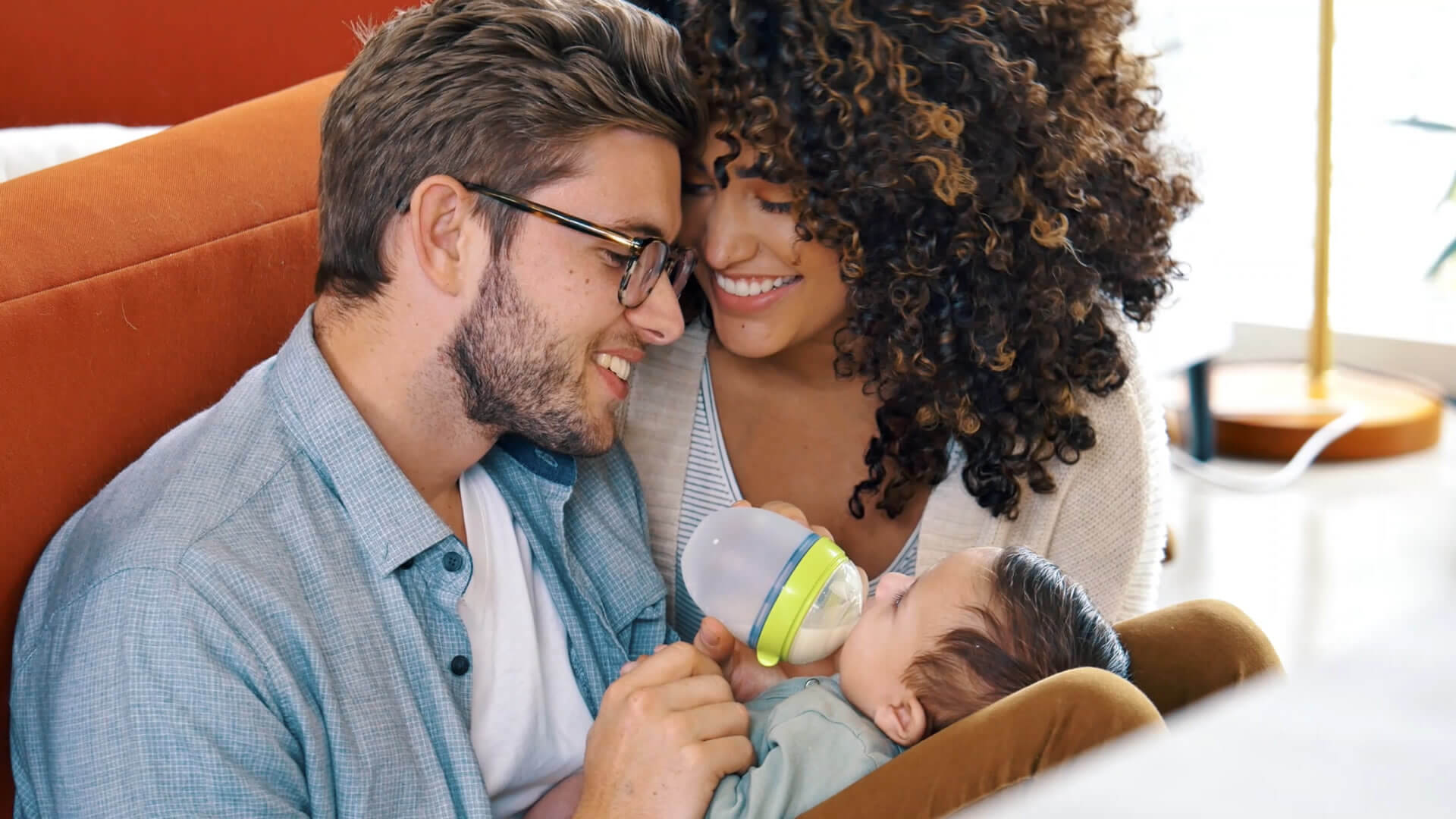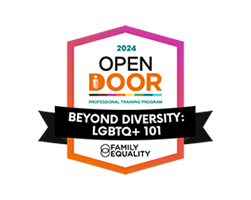Involving a third party in a family building naturally raises issues that can make prospective parents feel uncomfortable. The American Society for Reproductive Medicine (ASRM) acknowledges the “psychosocial, emotional and ethical complexities of third party reproduction” and the importance of psychological counseling prior to participation in third-party reproductive procedures. The group asserts, “Experts agree that the more the intended parents feel comfortable and prepared for third-party family-building options, the more likely it is that they will be fulfilled as parents and will make decisions that are in the best interest of the child.”
One of the first issues intended parents must confront is if and how to disclose or tell the child, about their donation conception. The ASRM (2013) states, “While ultimately the choice of the recipient parent, disclosure to donor-conceived persons of the use of donor gametes or embryos in their conception is strongly encouraged.” The ASRM also recognizes a practice gap among reproductive physicians on the timing and extent of disclosure, based on recent competence assessments.
Psychological counseling prior to treatment provides an opportunity to address disclosure issues and psychosocial concerns that recipients may have about third-party family building. Counseling should cover the timing and method of disclosure including developmentally appropriate language to use and how to respond to unexpected questions or emotional reactions from children.
Parents are well prepared if they understand how genetic differences affect family dynamics and learn social skills to manage privacy. Donor-conceived children face unique developmental challenges across their lifespan and psycho-education plays an important role in supporting donor-conceived families long-term.
The most common misconception parents have about disclosure is that telling a child is a single event. Talking to a child about his conception is a process that unfolds naturally over time and extends well beyond the storybook stage. As the donor-conceived child develops, their cognitive understanding of conception increases and different aspects of identity emerge, opening up new opportunities for communication and parental guidance.
 The optimal time for parents to begin talking about donor conception is during the preschool stage. Children told at an early age, accept the information more effortlessly. Parents may even tell children as soon as they begin talking to them. Phrases like, “We are so blessed to have you. Our special gift”, or, “We were so lucky to get help to have you.” Even though psychologists do not fully understand the extent that infants absorb information, verbalizing at this stage is two-fold; It may help parents to process and get comfortable talking about conception, as well as plants seeds of understanding with the child. As they grow into toddlerhood, children are content with simple stories that explain their origins. Currently, there are over a dozen storybooks published for donor families of preschool-aged children. Stories may be sufficient until children are able to comprehend more complex information, beginning around the middle school years.
The optimal time for parents to begin talking about donor conception is during the preschool stage. Children told at an early age, accept the information more effortlessly. Parents may even tell children as soon as they begin talking to them. Phrases like, “We are so blessed to have you. Our special gift”, or, “We were so lucky to get help to have you.” Even though psychologists do not fully understand the extent that infants absorb information, verbalizing at this stage is two-fold; It may help parents to process and get comfortable talking about conception, as well as plants seeds of understanding with the child. As they grow into toddlerhood, children are content with simple stories that explain their origins. Currently, there are over a dozen storybooks published for donor families of preschool-aged children. Stories may be sufficient until children are able to comprehend more complex information, beginning around the middle school years.
During middle childhood, disclosure can become more complicated for a family, especially if unresolved infertility grief is involved. Based on Erikson’s psychosocial model of adjustment, the child will begin to conceptualize her origin story sometime during middle childhood, ages 8-12. During this stage, it is important for parents to pay special attention to a child’s emotional reactions. The child will be grappling with issues like ambivalence and begin to make social comparisons. Imagination may take on a strong role in anonymous donation and grief may emerge in unexpected ways.
Families dealing with infertility and grief may be resistant to open communication with their children. They may be unable or unwilling to recognize a child’s psychological needs, which could interfere with the parent-child relationship.
A counselor can help parents work through any residual grief or denial that may be getting in the way of acceptance. Acceptance makes communication with a child easier as parents are more flexible and capable of validating the child’s emotional reactions.
According to sociologist H. David Kirk, non-genetic parent-child relationships benefit when families engage in distinguishing behaviors. Parents who are able to distinguish and honor the child’s genetic uniqueness, while also celebrating their shared traits have a positive outcome on the child’s adjustment.
Families with genetic differences have unique challenges, but with education and awareness, parents can guide their donor-conceived children through various developmental stages with appropriate psychosocial skills. Counseling or consultation with a specialist in the third-party family building can help a donor family work through disclosure issues and enjoy a healthy parent-child bond.
Jana M. Rupnow is a licensed professional counselor, speaker, and member of the American Society of Reproductive Medicine’s Mental Health Group. Jana has worked independently in private practice for 7 years and specializes in psychological issues related to third-party family building such as infertility, donor conception, and adoption. She has personal experience with non-genetic family relationships, both as a parent and a child. She works with infertile couples, parents, donors, agencies, and endocrinologists in her Dallas office and across the nation via Skype. For a consultation, counseling, or a speaking engagement, email jana@janarupnow.com or learn more on janarupnow.com


We help Intended Parents Create Happy Families via Egg Donation & Surrogacy with the help of caring Egg Donors & Surrogates.
Donor sibling registry, egg donation process, Egg Donor Solutions, Intended Parents, Why use an agency?, Intended Parent Resources, Intended Parent Webinar, Getting started, Why our agency?, Selecting your donor.





